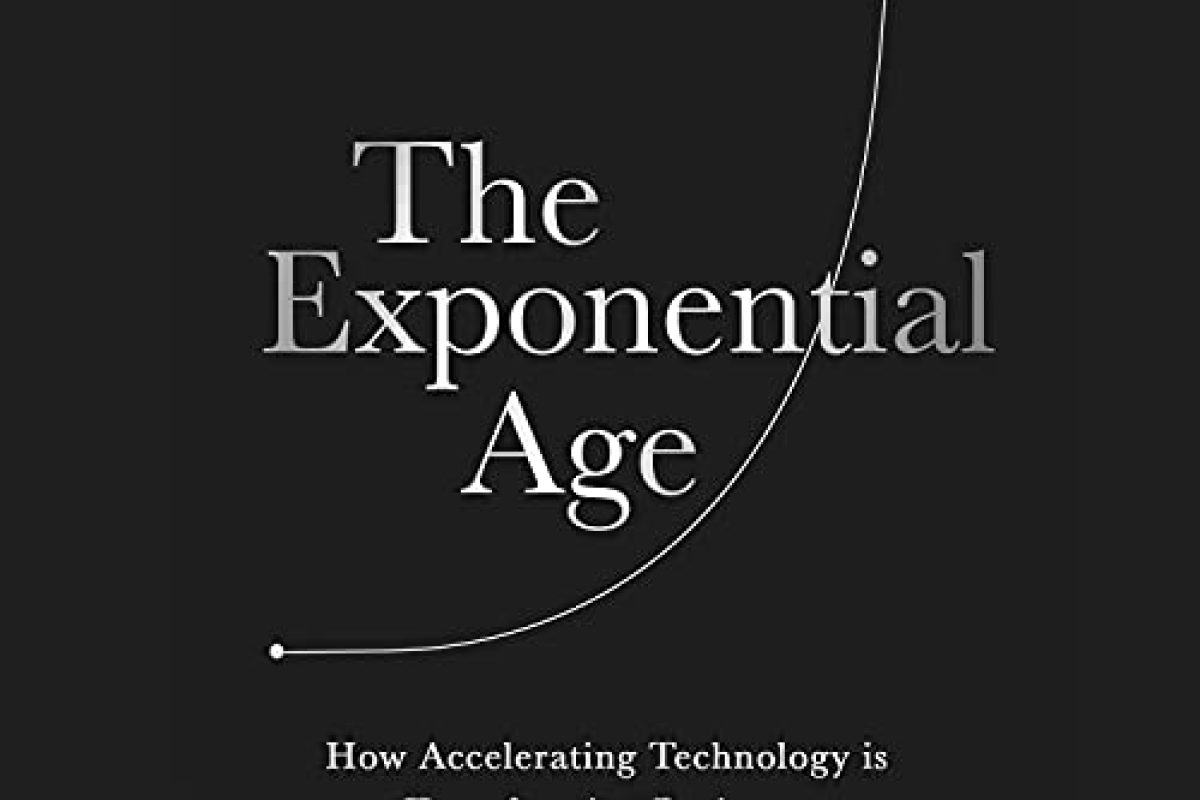“Exponential: How Accelerating Technology is Leaving Us Behind and What to Do About It” offers an eye-opening journey through the rapid advancements in technology and their implications for society. The book addresses a critical yet often overlooked aspect of our tech-driven world: the widening gap between those who can keep up with exponential technological growth and those who are being left behind. It challenges the prevailing narrative that faster is always better, provoking readers to question the ethical and societal impacts of runaway technological progress.
The book excels in presenting complex ideas in an accessible manner. It masterfully weaves together economics, social science, and technology to create a vivid tapestry illustrating our current predicament. While it is tempting to get caught up in the allure of groundbreaking innovations, the author reminds us that these developments can have adverse effects, such as job displacement due to automation or the exacerbation of social inequalities. The book argues that the pace of technological growth has not been matched by a similar rate of development in social institutions, regulatory frameworks, or ethical guidelines.
One of the most compelling features of the book is its solutions-oriented approach. It does not just critique; it also proposes actionable recommendations for individuals, organizations, and policymakers. These include rethinking education to better prepare people for a technology-dominated future, as well as implementing regulations that ensure technological advancements are equitable and sustainable. However, some critics may argue that the book leans heavily on policy recommendations without giving sufficient space to alternative paths or grassroots movements.
Overall, “Exponential” serves as both a cautionary tale and a call to action. It engages with the complicated interplay between technology and society without oversimplifying the issues. By highlighting the very real dangers of unbridled technological growth, the book is a timely wake-up call for all stakeholders in the digital age. It persuasively argues that the time to act is now, urging us to become active participants in shaping our technological future rather than passive spectators.




